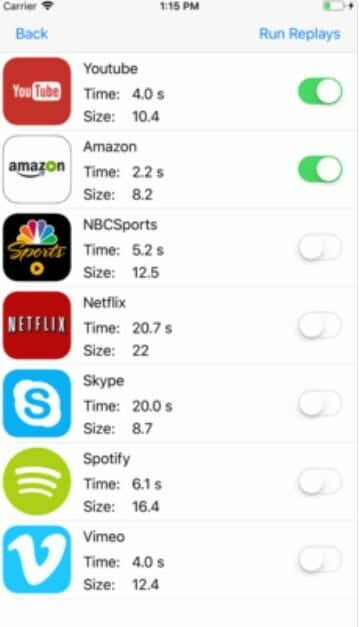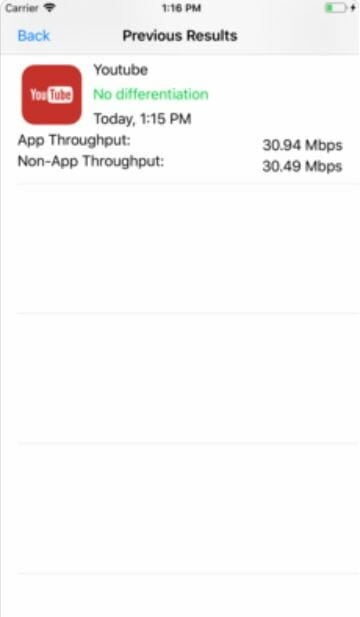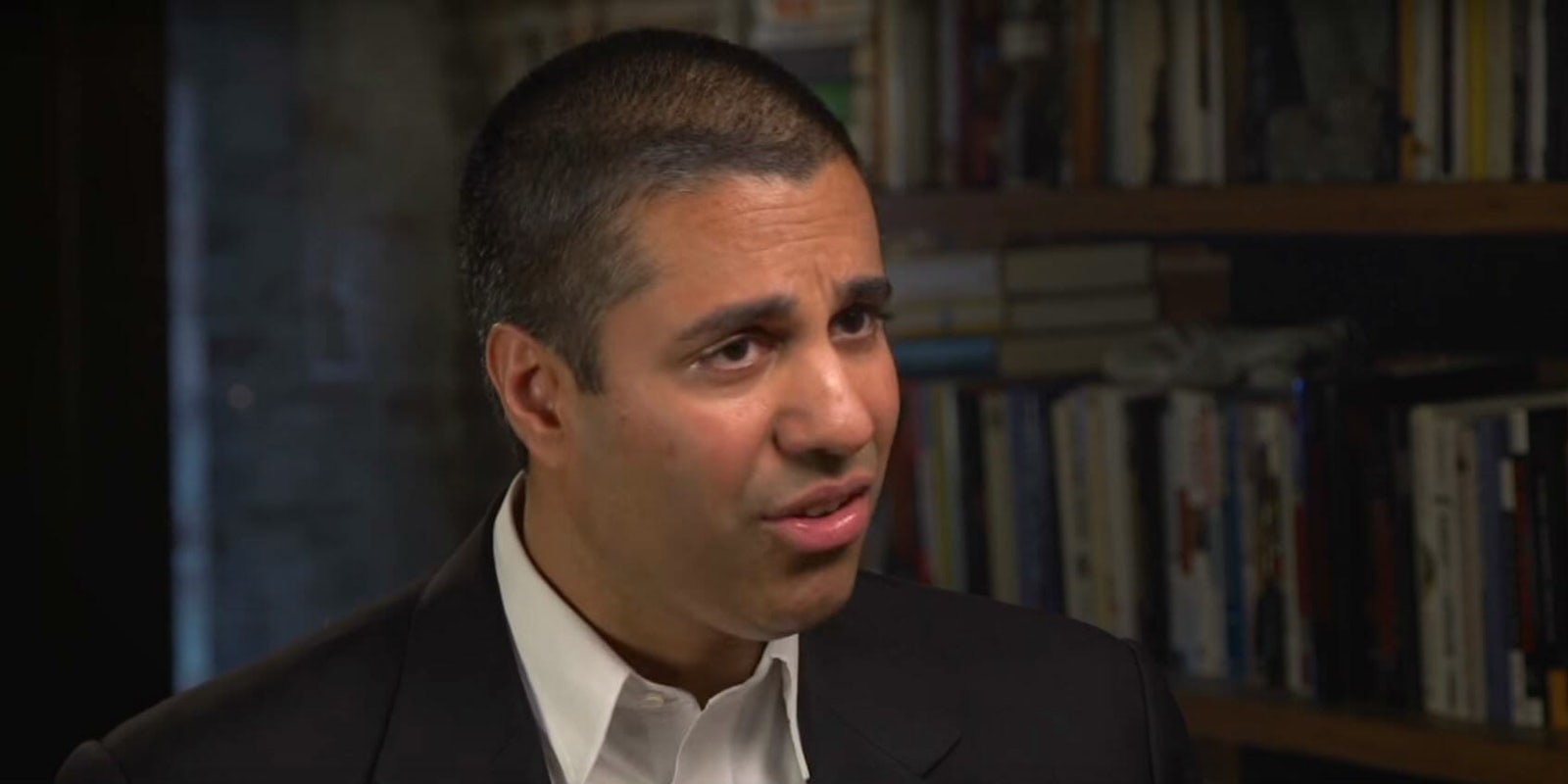Shortly after rejecting it, Apple has approved an app designed to detect when a mobile service provider is violating net neutrality laws.
Net neutrality is the principle that all internet traffic should be treated equally. It prevents internet service providers (ISPs) from throttling or blocking sites, giving an unfair advantage to larger companies. The Obama-era rules were repealed in a 3:2 vote last month by the Federal Communications Commission (FCC), despite public protests and an ongoing investigation into fraud. Senate Democrats are now scrambling in search of one more vote to pass legislation that aims to overturn the FCC’s vote.
Developed by David Choffnes, a Northeastern University professor, the Wehe app was made for the millions of people who are worried internet providers will exploit the repeal. Wehe tests the speeds of seven streaming services—YouTube, Amazon, NBCSports, Netflix, Skype, Spotify, and Vimeo—and looks for anomalies.

The services were chosen not only for their popularity but because they center around streaming, content mobile carriers are especially interested in throttling. Tons of data flows through music, movie, and TV streaming apps, pushing networks to their limit. By controlling bandwidth, carriers can regulate traffic and prevent congestion. Of course, this comes at the expense of consumers. It’s no secret carriers throttle video streaming, but without net neutrality rules in place, they can unfairly favor some services over others.
Abnormally slow or fast speeds could indicate that an IPS or mobile carrier is tampering with certain services. There are several factors that can affect data speeds, but Choffnes believes his reverse-engineered techniques can indicate when a telecom company is intentionally throttling.

The developer’s intentions—to create a public database people can use to choose which carrier is best for them—are noble, but getting his app approved by Apple has been anything but straightforward. An app reviewer for the tech giant claimed Wehe has “no direct benefits to the user” and “may mislead users by providing inaccurate determinations.” They then stuck a generic “Objectionable Content” flag on it and informed Choffnes that it wasn’t allowed in the App Store.
Following a Motherboard report, Apple had a change of heart and approved the app, one day after turning it down. Choffnes only needed to provide evidence for how it detects whether a mobile provider is throttling speeds.
“The conversation was very pleasant but did not provide any insight into the review process [that] led the app to be rejected in the first place,” Choffnes told Motherboard in an email.
To use the app, users first need to agree to a consent form. Pressing “run test” will initiate the mobile speed monitoring for each of the seven services. Once the “replays” are complete, users are shown the “app throughout” and “non-app throughout” for each service. The speed difference between those two figures suggests the acting mobile carrier is purposefully slowing things down.
The FCC’s chairman Ajit Pai has argued that consumers alone will keep content speeds in check.
“Most attempts by ISPs to block or throttle content will likely be met with a fierce consumer backlash,” Pai said. “In the event that any stakeholder [ISP] were inclined to deviate from this consensus against blocking and throttling, we fully expect that consumer expectations, market incentives, and the deterrent threat of enforcement actions will constrain such practices.”
But pinpointing what causes poor network performance isn’t an easy thing for customers to do on their own. While the app won’t prevent network providers from throttling, it does offer a level of transparency that will help users make the right decisions going forward and give them the ammunition to fight for an equal internet.


